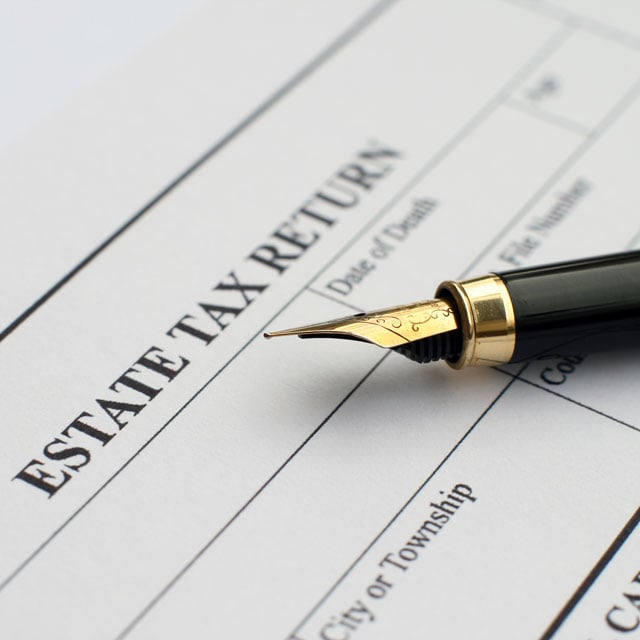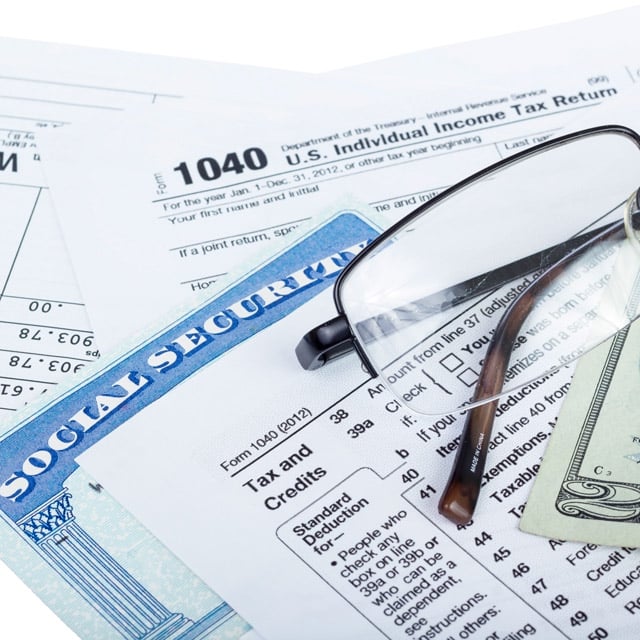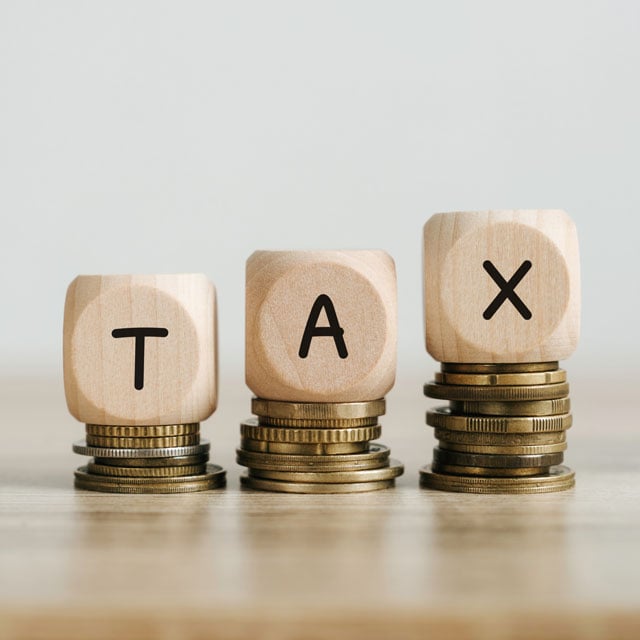Falcon
NOT FOR REPRINT
Biden's Corporate Tax Hike Plan Would Hit 1.4M Small Businesses, U.S. Chamber Warns
News July 16, 2021 at 02:19 PM
Share & Print
While President Joe Biden's proposal to increase the corporate tax rate is aimed at big companies, not all small businesses will escape it. While the majority of the more than 30 million small businesses in the U.S. are pass-through entities in which tax obligations are passed to the owners, 1.4 million of them are organized as C corporations and thus subject to the corporate tax, according to the U.S. Chamber of Commerce. In the finance and insurance sector, there were 80,000 small-business C-corps with more than 705,000 employees in 2017, the Chamber reports, citing Census data. The Chamber — the biggest lobbying group in the U.S., representing millions of businesses — recently launched an initiative to analyze how Biden's proposed tax increases will affect small businesses of every segment of the economy, including agriculture, construction, health care, real estate and finance. As part of its initiative, the Chamber is providing each state delegation information on how many employers in their state would see their taxes increase, including how many small businesses with fewer than 500 employees will be affected. The proposal to raise the corporate tax rate from 21% to 28% was originally intended to fund Biden's plan to upgrade the nation's infrastructure but was jettisoned as part of a bipartisan deal. Washington insiders have said, however, that the tax hike plan could be revived later. In the gallery above are the states with the most small businesses organized as C-corps, according to the Chamber, which gathered data from the IRS and the Census Bureau.
NOT FOR REPRINT
© Touchpoint Markets, All Rights Reserved. Request academic re-use from www.copyright.com. All other uses, submit a request to [email protected]. For more inforrmation visit Asset & Logo Licensing.
Featured Resources
View All
Sponsored by Axos Advisor Services
Integrated Banking Solutions: How To Enhance Client Services and Grow Your Business

Sponsored by Optifino
Three Macro Trends Impacting Long-Term Care: Trends, Solutions & Client Conversations

Sponsored by Vanilla
The Missing Piece: Why Advisors Who Skip Estate Planning are Failing Their Clients







